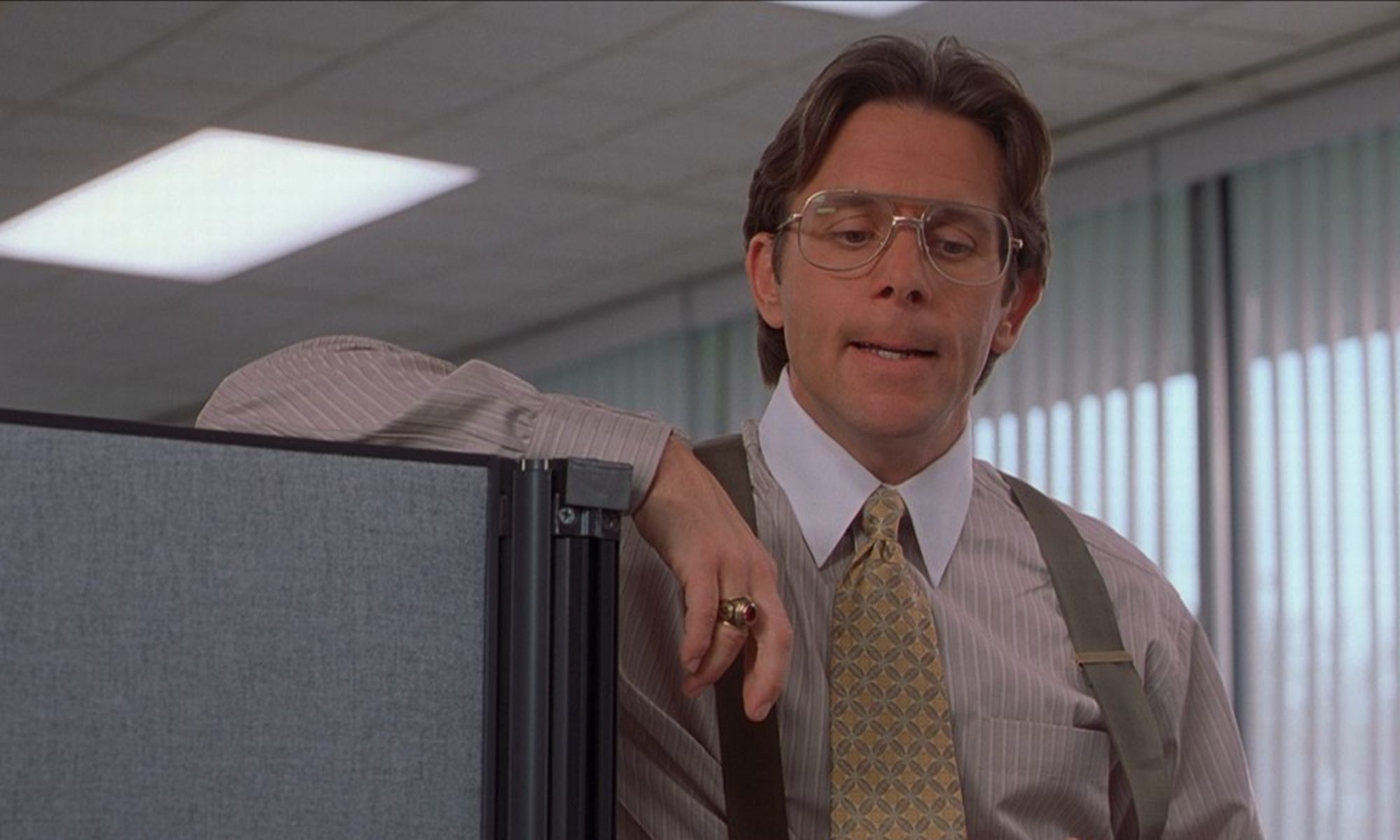Gangster films represent a film genre that is often critically acclaimed. It displays gangsters, more often than not in an objective lens. Creators tend to portray a crime-induced life to steer away from. However, at times, the discourse of the crime film narrative is often sexist and inaccurate.
In a New York Post, Kyle Smith proclaims that “Women are not capable of understanding GoodFellas.” With an overt generalization, Smith ironically displays on how he, himself, did not comprehend Martin Scorcese’s GoodFellas. He reasons with the “wiseguys never have to work (…) doing what guys love above all else: sitting around with the gang, busting each other’s balls.” Fittingly enough, Smith also did not have to lift a finger in the level of thinking in digesting Scorcese’s film. Scorcese’s portrayal of “busting each other’s balls” and the male gangster camaraderie is a precedent to the eventual downfall of the perceived close-knit brotherhood. In the end, Henry Hill breaks one of the primary rules of the mob: do not snitch on each other, so the idea that this exemplifies trust and brotherhood in a positive connotation falls apart with knowing how Henry turns out. In retrospect, the comedic relief of “cheerfully insulting one another” is the superficial shield to the insecurity that is masculinity (Smith). The men insult one another as if to display that nothing pierces their facade—a masturbation of each other’s egoes.
But when this framework gets infiltrated by an outsider, the gang’s insecurity shows its fragility. In the infamous Billy Bats scene, Billy comments on Tommy’s old ways of shining shoes. Tommy overreacts with violent anger going as far as “whacking” Billy Bats. Smith describes Billy’s comments as “improper ball-busting.” The lines who can insult or not in the mob are arbitrary. It is merely an excuse to draw lines between “us against them,” which is the whole premise of a gang. Tommy displays how fragile his ego is when he assumes that the comment was an insult, but as Smith describes in his article, insults are often done “cheerfully” (Smith).
In opposition, in the scene where Henry exclaims of how Tommy is funny, Tommy teases and intimidates Henry of acting like he is insulted by the remark. The gang laughs it off that Tommy completely intimidates Henry, a harmless jab by two comrades. But, Scorcese carefully places a line Tommy says in the end, “I worry about you sometimes, Henry. You may fold under questioning.” The harmless joke turns out to be a foreshadowing of the downfall of the mob.
Smith makes the comparison of the GoodFellas to Sex and the City, and how the women in the critically acclaimed HBO TV show tend to bring up their personal problems; therefore, the men in GoodFellas are superior for not letting this poison Smith’s love for the bustings of the balls. However, the demise of the gang stems for the suppression of the information towards each other. Their lack of communication ends up being their downfall and mistrust with each other—along with the use of cocaine. A prime example of the effect of how the toxic masculinity that Smith seems to be so eagerly glorify is how Henry Hill ends up telling all. Because of the suppression of what Smith perceives as feminine qualities, Henry eventually comes to a rupture. Smith also presents the relationship between Karen and Henry to be that of exemplary ball-busting marriage. Smith states, “[Karen] promises to keep the party going” implying another form of suppression through the tough times. If Karen keeps the party going even with the DEA completely at Henry’s tails, Smith completely misses the point of the dangers of suppressing the inevitable.
The argument of ball-busting being a harmless promotion of the masculine ethos misses the fact that the demise of the GoodFellas is what Scorcese wants to convey to the audience. Most of the film’s runtime involves the good times of the mob—how their camaraderie kept the ship afloat, so Smith’s comprehension of the events seems to leave out the ending. Ironically, the aspect he glorifies the most is the root cause of their demise. Gangster films are ultimately great, but the discourse around it seems to be inaccurate with the people that it is written for merley confirms their misogyny. Smith exudes of the male hubris Scorcese attempts to steer him away from. Sadly, he is just not capable of understanding the GoodFellas. Sorry, Kyle!
Sources
https://pdfs.semanticscholar.org/7e9d/3db2be6a0b29b17933348d04490adc350297.pdf
https://nypost.com/2015/06/10/sorry-ladies-youll-never-understand-why-guys-love-goodfellas/
https://www.rogerebert.com/reviews/goodfellas-1990
